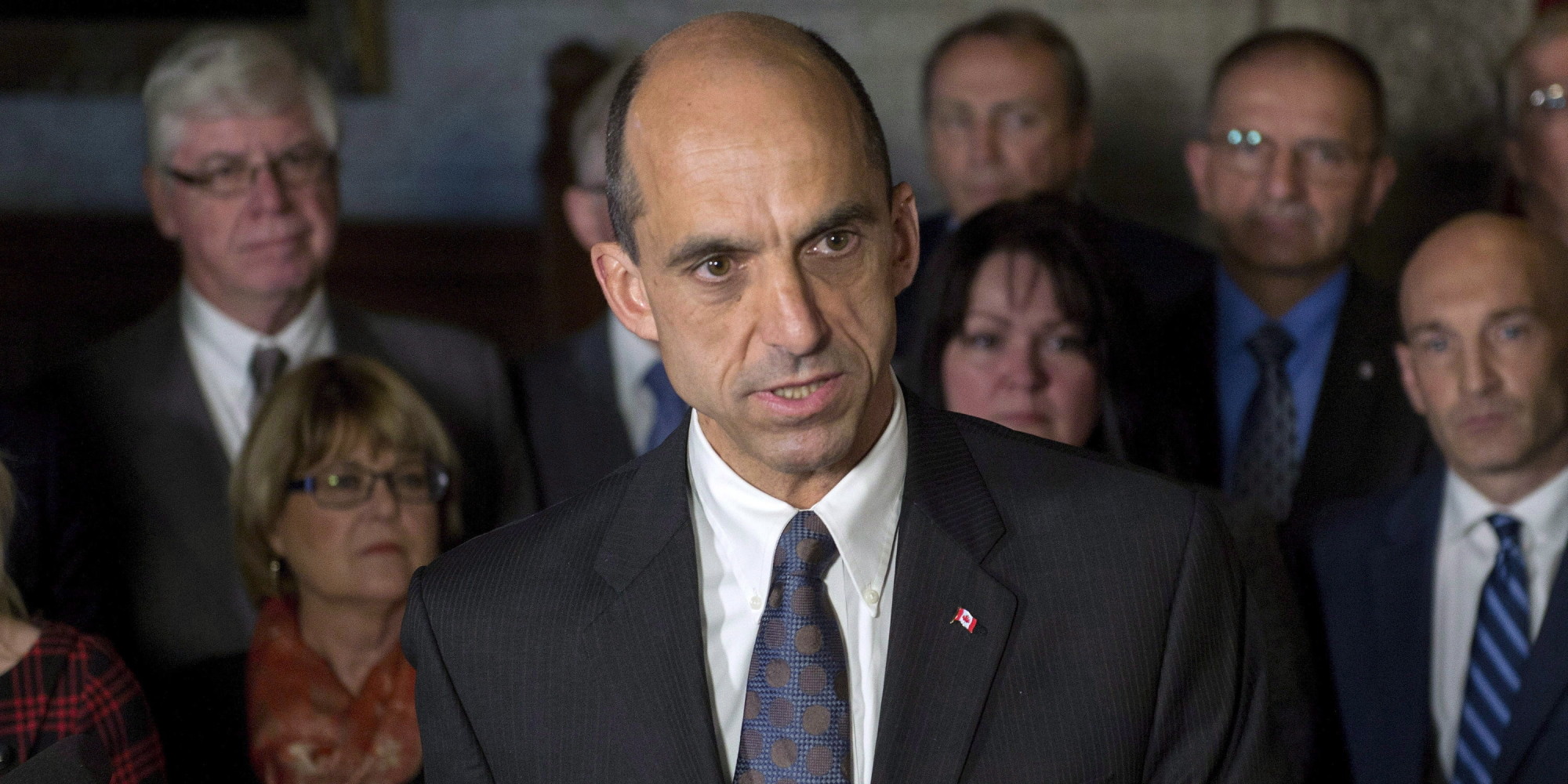In the wake of Remembrance Day it is important to remember that the threats Canada currently faces are not just foreign enemies. The long term security of Canada rests on how we collectively choose to navigate the security landscape. Increasing Governmental powers and authority without increasing oversight (and thereby accountability) is a dangerous path that should generally be avoided in representative democracies. By making enemies out of the ‘other’ we often ignore the people within our institutions whose actions commonly run counter to the values of our society. While it is very easy to accept that increased surveillance powers will make Canada safer, it will not necessarily do that.
The tragedies of October 22 have not altered the security landscape in Canada. The shooting in Ottawa and resulting chaos spawned knee-jerk reactionary calls for action. In an effort to be shown as doing something about the tragedy, Prime Minister Stephen Harper promised to fast track Bill C-44, a beefed up security act that would ratchet up CSIS’s ability to monitor, detain, and arrest Canadians in the name of safety and security. It was presented as if it could have prevented the tragedy from happening in the first place. The implication is that any attack whether an expression of radical religious extremism, a manifestation of a mental illness, or just a violent outburst from any member of our society is unacceptable, and our surveillance institutions should therefore be further equipped to prevent anything from ever happening.
In short, an impossible reality.
It is simply impossible to prevent all tragedies from happening, because as the attack demonstrated, people can act independently without demonstrating any tangible links to organized terrorist groups. Predicting a tragedy like what occurred would not be possible through any amount of surveillance. As awful as it is can be to hear, Canadians must realize that we are not insulated from danger, and despite our best attempts, bubble wrapping our world only provides a false sense of safety. Dangers still exist and we should do our best to figure out why they are happening, rather than crafting legislation that only makes us feel safer.
 Activists protesting Bill C-44
Activists protesting Bill C-44
NDP Justice Critic Françoise Boivin recently stated, “It is misleading to claim that Bill C-44 is a solution to a problem that could have caused the absolutely tragic events that took place in October. To expect people to believe that is to take them for fools and to try to take advantage of a situation, which I think is despicable and certainly flies in the face of our role here as legislators, which is to introduce sensible legislation that is in line with our Constitution, our charters, our rights and our values.”
The current security legislation, Bill C-44, increases CSIS’s powers by legally allowing CSIS to conduct operations on foreign soil, while also effectively protecting agents from revealing any information in courts that may or may not impact their operations. Canada will be the first of the Five Eyes to unify their foreign and domestic spying abilities, making it a valuable partner in the world of intelligence gathering. The new powers surrounding the information gathered from informants are transplanted from similar RCMP legislation, which protects informant’s identity in court proceedings. But when the informant’s information is used to justify wiretapping, and following Canadians activities overseas it is critical to have a greater degree of transparency to ensure there are not abuses of this system. Given that CSIS has a history of misrepresenting evidence to Federal courts in order to keep them in the dark about the scope of their activities, means lowering the bar to justify a warrant is a tough sell.
Part two of this article looks at the history of CSIS, and the oversight mechanisms currently at play.




